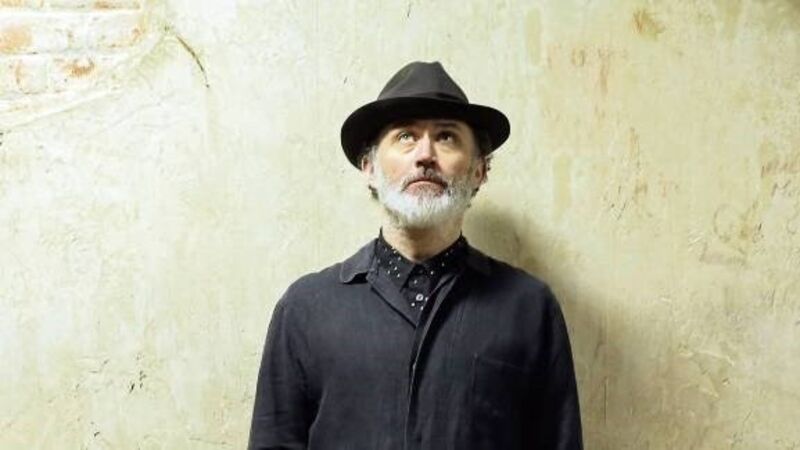Tommy Tiernan on being serious about comedy and his concerns about the culture of fear in public life

Try from €1.50 / week
SUBSCRIBEAs Tommy Tiernan gets ready for the Marquee, he tells Ellie O’Byrne why he’s not going for shock laughs any more, and his concerns about the culture of fear in public life.
Is there a difference in how you approach huge audiences such as the Marquee in Cork and small crowds at more regular gigs?
Already a subscriber? Sign in
You have reached your article limit.
Annual €130 €80
Best value
Monthly €12€6 / month
Introductory offers for new customers. Annual billed once for first year. Renews at €130. Monthly initial discount (first 3 months) billed monthly, then €12 a month. Ts&Cs apply.
CONNECT WITH US TODAY
Be the first to know the latest news and updates
CONNECT WITH US TODAY
Be the first to know the latest news and updates

Our team of experts are on hand to offer advice and answer your questions here
Newsletter
The best food, health, entertainment and lifestyle content from the Irish Examiner, direct to your inbox.
© Examiner Echo Group Limited